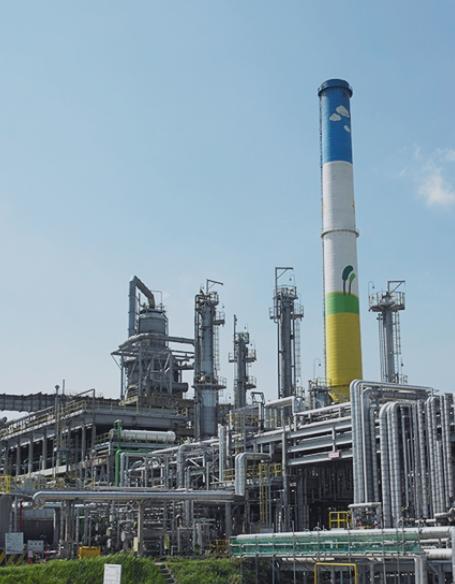Crude oil refineries are energy-intensive facilities that consume vast amounts of energy to process crude oil into various products. However, a significant portion of this energy is lost as waste heat, which is often released into the environment. Waste heat recovery (WHR) technologies offer a sustainable solution to capture and utilize this wasted energy, reducing the refinery's overall energy consumption and environmental footprint.
How Waste Heat Recovery Works
WHR systems capture and convert waste heat into usable energy forms, such as steam, hot water, or electricity. This can be achieved through various methods:
Heat Exchangers: These devices transfer heat from a hot fluid (e.g., process effluent) to a cooler fluid (e.g., boiler feedwater). The heated fluid can then be used for various purposes, such as heating or steam generation.
Organic Rankine Cycles (ORCs): ORCs convert low-grade heat into electricity by using a working fluid with a low boiling point. The working fluid is heated by the waste heat, vaporized, and then used to drive a turbine.
Absorption Chillers: These systems use waste heat to produce chilled water, which can be used for air conditioning or process cooling.
Benefits of Waste Heat Recovery in Crude Oil Refineries
Reduced Energy Consumption: WHR systems can significantly reduce a refinery's overall energy consumption by utilizing waste heat that would otherwise be lost. This can lead to substantial cost savings and a reduction in greenhouse gas emissions.
Improved Energy Efficiency: By capturing and utilizing waste heat, refineries can improve their overall energy efficiency and reduce their reliance on external energy sources.
Reduced Environmental Impact: WHR systems help to reduce the refinery's environmental footprint by reducing energy consumption and greenhouse gas emissions.
Increased Process Efficiency: In some cases, WHR systems can be integrated into the refinery's process to improve its overall efficiency and productivity.
Improved Safety: By reducing the amount of waste heat released into the environment, WHR systems can improve safety by reducing the risk of fires and explosions.
Challenges and Considerations
While WHR offers numerous benefits, there are also some challenges to consider:
Initial Investment: Implementing WHR systems can require significant upfront investment.
Economic Feasibility: The economic viability of WHR projects depends on factors such as the cost of energy, the efficiency of the WHR system, and the value of the recovered energy.
Technical Complexity: WHR systems can be complex to design, install, and operate.
Integration with Existing Processes: Integrating WHR systems into existing refinery processes can be challenging, requiring careful planning and coordination.
Despite these challenges, the benefits of waste heat recovery in crude oil refineries are substantial. By investing in WHR technologies, refineries can reduce their energy consumption, improve their environmental performance, and enhance their overall profitability.


